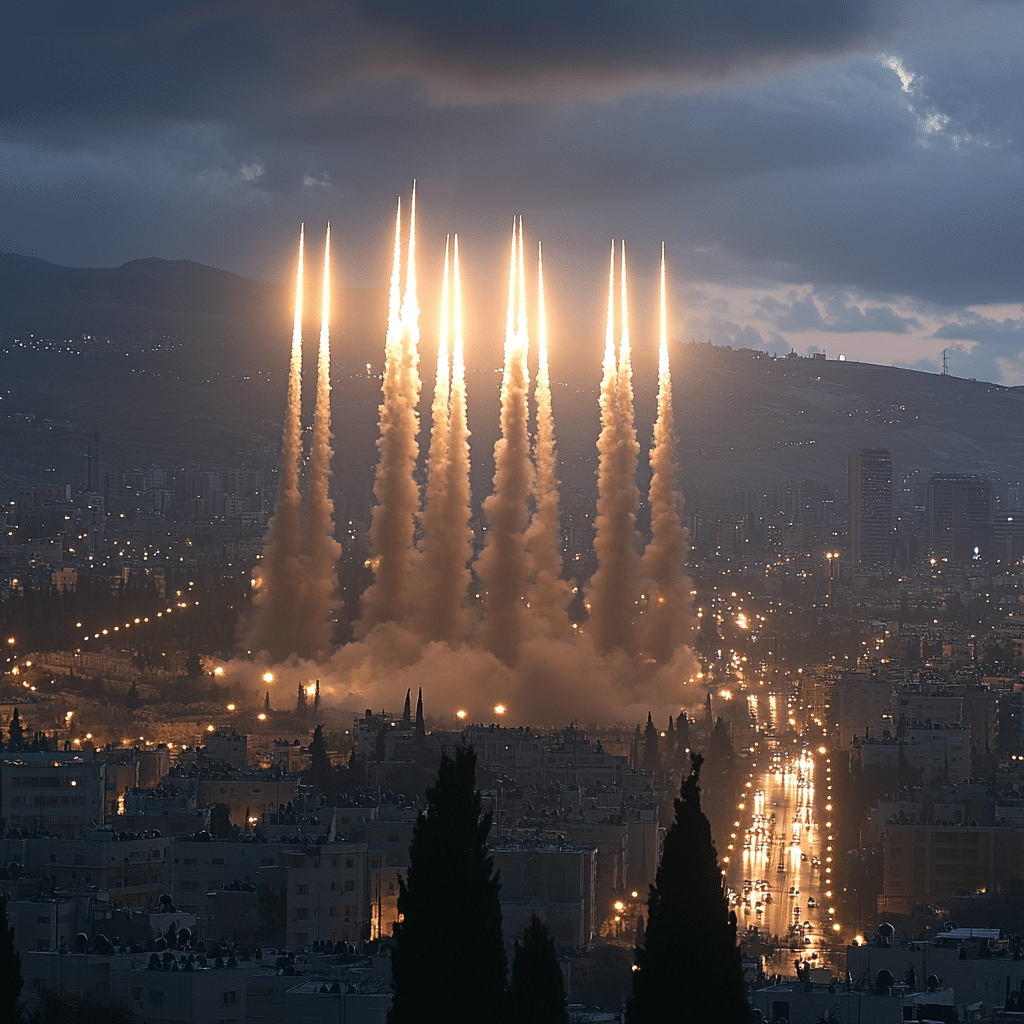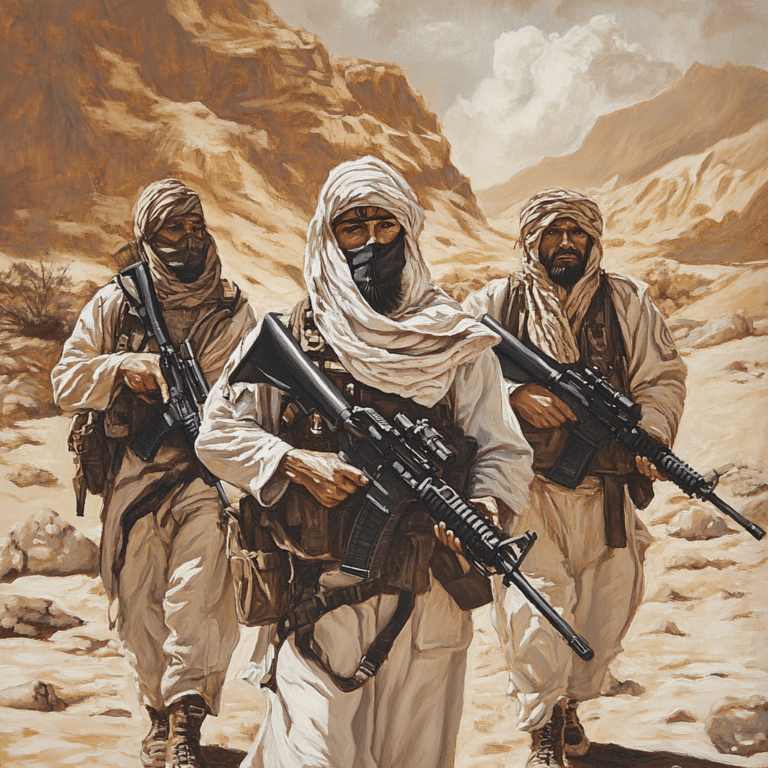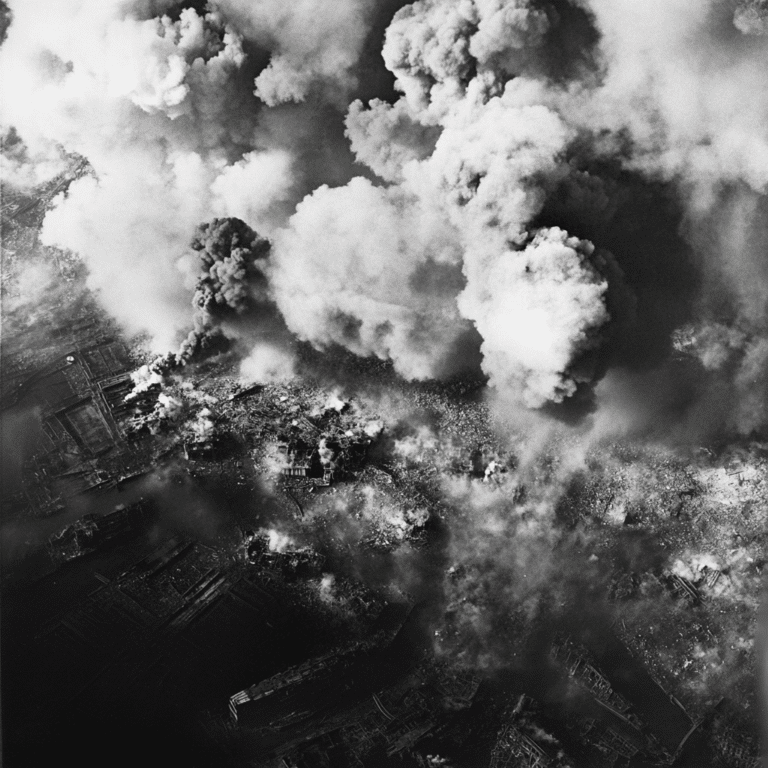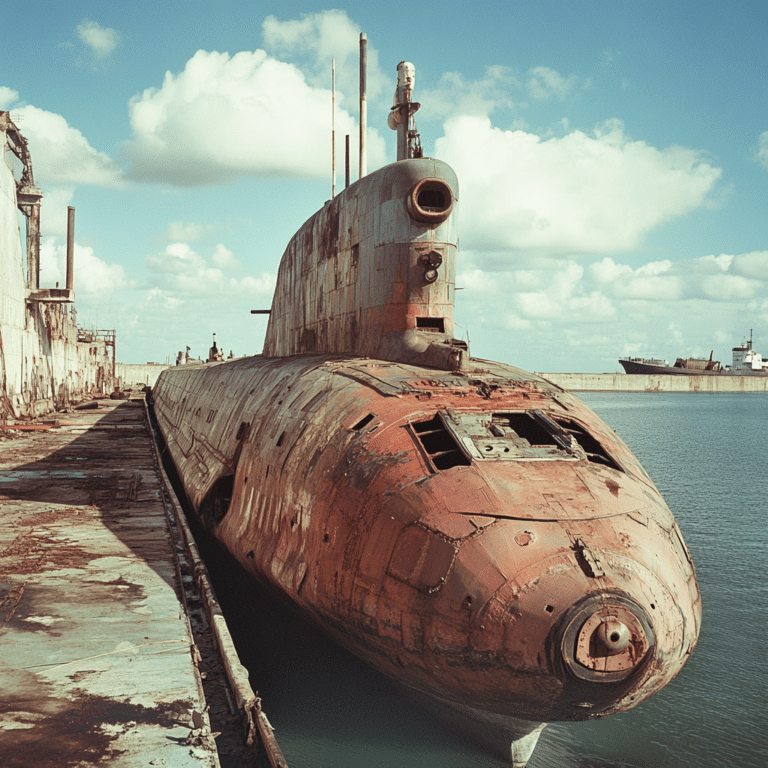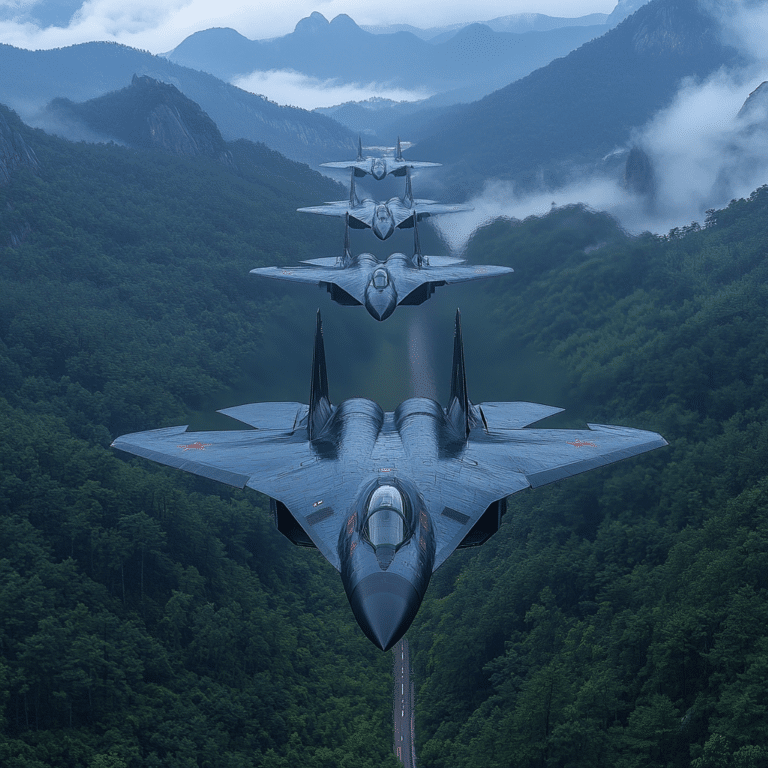The recent Israeli attack on Iran has turned the tables in the ever-evolving conflict that has gripped the Middle East for decades. On October 26, 2024, Israel launched unprecedented air strikes across critical Iranian targets near Tehran and in various provinces. This bold move followed Iran’s earlier ballistic missile strike on October 1, where around 200 missiles were hurled towards Israel, intending to spread terror and destruction. While most missiles were intercepted, the incident set the stage for a tit-for-tat escalation that could very well reshape the geopolitical landscape. As tensions flare, it’s crucial for conservatives and those with a vested interest in national security to grasp the significance of the Israeli attack on Iran and its repercussions on both regional and global scales.
Top 5 Consequences of the Israeli Attack on Iran
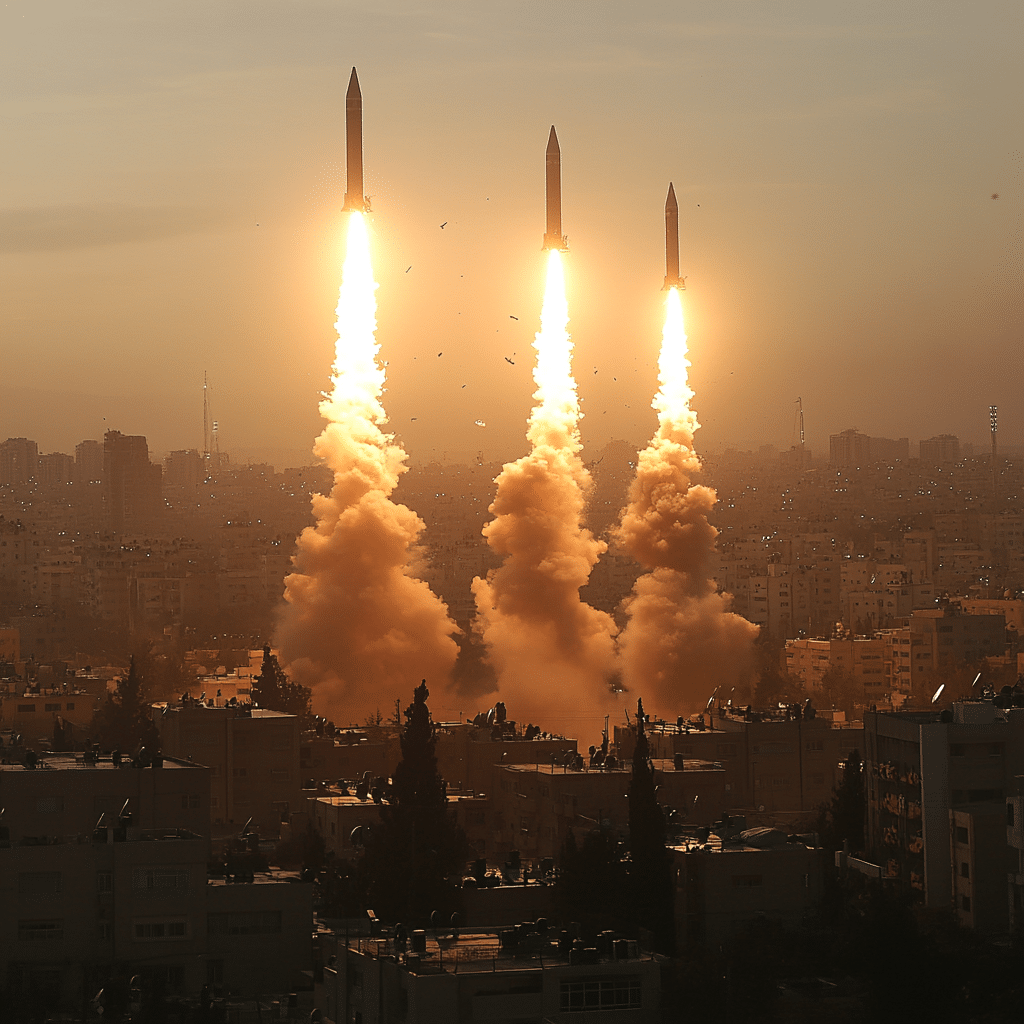
1. Rising Regional Tensions: Iran’s Response
Predictably, Iran wasted no time in responding to the Israeli attack. Iranian officials, showcasing their characteristic defiance, are openly threatening retaliation. The fear of a broader conflict looms large, especially with Iran likely to escalate support for proxy groups in Syria and Lebanon, which have long been thorns in Israel’s side. The conflict, as it unfolds, could reignite skirmishes along the Israel-Lebanon border, further destabilizing an already fragile region.
2. Shift in Alliance Dynamics: New Partnerships and Factions
Israel’s attack isn’t merely a confrontation between two nations; it may very well catalyze a significant shift in regional alliances. The attack could fortify relations between Iran and other anti-Israel factions such as Hezbollah, leading to new partnerships across the Middle East. Countries like Qatar and Turkey might reassess their positions, moving closer to a united front against perceived Israeli aggression. With Iran rallying its allies, we might witness the emergence of new factions committed to countering Israeli operations.
3. Economic Implications: Oil Markets and Sanctions
One cannot ignore the economic ramifications of the Israeli attack on Iran. Given Iran’s status as a major oil producer, the potential for retaliatory measures targeting oil production has global oil markets on edge. If Iran puts the screws to oil supplies, we could see skyrocketing prices at the pump right here in America. Countries reliant on Iranian oil could be forced to reconsider sanctions and diplomatic relations, making our own energy independence even more critical.
4. Impact on Israeli Security Policies: A Shift in Strategy
In response to this new threat landscape, Israel’s security policies are set to undergo significant recalibration. The Israeli government, recognizing the urgency of the situation, is doubling down on intelligence-gathering and refining military strategies aimed at countering Iranian responses. The public statements from Israeli defense officials point toward a proactive approach: targeting Iranian assets throughout the region before they can strike.
5. International Reactions: U.S. and Global Powers
The global reaction to the Israeli attack is essential to monitor closely. Historically, the United States has stood firmly alongside Israel, but the Biden administration is now walking a tightrope. Balancing support for Israel while trying to engage in renewed nuclear negotiations with Tehran complicates their stance considerably. Meanwhile, European nations and Russia may see an opportunity to exploit this destabilization for their economic and strategic gains, risking further escalation in the Middle East.
Iran’s Countermeasures: Analyzing the Potential Iranian Attack on Israel
With the threat of retaliation hanging in the air, the specter of an Iran attack on Israel grows stronger. The rhetoric from Iranian leaders has escalated to new heights, with bold promises of revenge for the October strikes. Should Iran decide to take tangible military action, the possibilities are alarming. Cyberattacks on Israeli infrastructure are likely on the table, alongside missile strikes on military installations. Moreover, we can’t discount Iran leveraging Hezbollah’s capabilities in southern Lebanon to launch cross-border attacks that could spiral into a larger conflict.
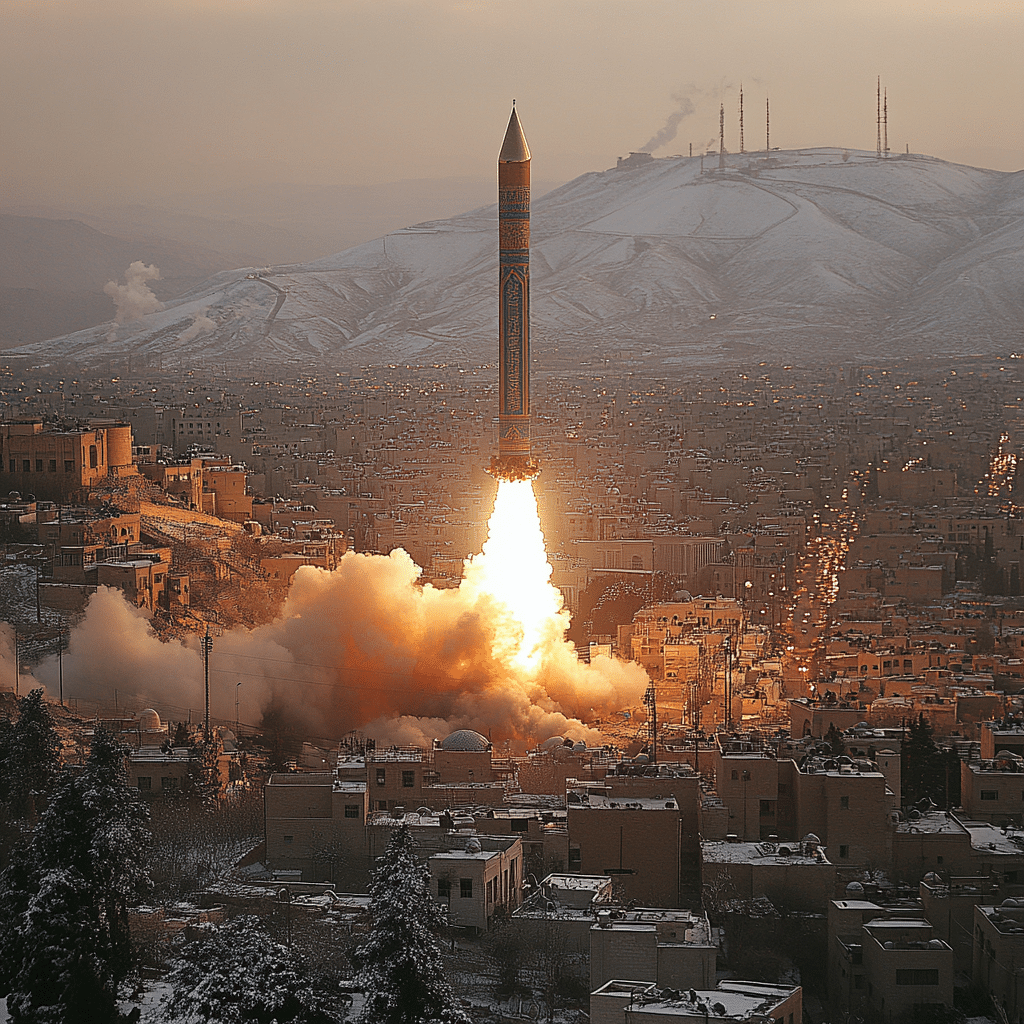
The Future Landscape After the Israeli Attack on Iran
The trajectory of the Middle East remains uncertain and fraught with peril. A sustained military conflict or cascading retaliatory strikes could plunge the region deeper into chaos. Alliances may shift, new players could emerge, and long-standing relations could shift on a dime. As the international community scrambles to respond, the need for diplomatic solutions becomes paramount. Avoiding a wider conflict will require active dialogue and effort among global powers.
In summary, the Israeli attack on Iran not only signifies a significant escalation but also recalibrates the geopolitical dynamics of the Middle East. It shines a spotlight on the interconnectedness of regional tensions, economic interests, and international relations. As nations jockey for position in wake of these developments, the potential for lasting peace remains a distant hope. Dialogue and strategic diplomacy are crucial if we’re to stabilize this powder keg and ensure a safer future for generations to come. Let’s hope our leaders rise to the occasion and defend our interests against the looming shadow of Iranian aggression.
Israeli Attack Iran: Fun Trivia and Interesting Facts
Tensions and Trivia
The recent Israeli attack on Iran has not only escalated regional tensions but has also prompted discussions across various aspects of international affairs. Speaking of international engagements, did you know that major sporting events, like the Saudi Pro league schedule, often serve as a backdrop for diplomatic discussions? Sports can bring countries together, even when political climates are strained. In contexts like these, it might even feel like athletes are playing for peace!
When reflecting on figures who have courageously voiced political opinions, you can’t overlook influential personalities like Brittany Williams. Her insights often draw attention to critical geopolitical issues, showing that advocacy can take many forms. And while we’re on the topic of conflicts, the unfortunate rise of issues like the bird flu pandemic can serve as a reminder of how crises sometimes distract from pressing international relations—though they often intertwine at some level.
Cultural Connections
Interestingly enough, the socio-political climate has sometimes impacted popular culture, raising questions about how entertainment responds to global events. For instance, actors like Angourie Rice and Jorge Salinas add layers to our understanding of diverse cultures. Their works might even reflect the sentiments swirling around topics like the Israeli attack on Iran, bringing awareness to audiences unaware of the real-life implications behind the drama.
Let’s not forget about surreal contrasts, such as the trends in fashion like slipper shoes. While wars like this one dominate headlines, people still look for comfort in everyday life, illustrating a duality in human experience. Such trends remind us that, despite turmoil, life continues, and communities adapt. Each nugget of trivia or fact we explore deepens our comprehension of the societal undercurrents tied to conflicts like the attack on Iran.
Lessons Beyond Geography
Finally, if we take a moment to reflect, even conflicts lead to innovation and unexpected developments. For example, in the midst of military discussions, information about topics like Turks And Caicos ammo can pique interest, blending serious discussions with lighthearted curiosity. It’s captivating how seemingly disparate subjects can intertwine, shedding light on societal complexities amid strife.
So, as the dust settles on the Israeli attack on Iran, remember that understanding these events often involves examining their broader implications—cultural, social, and even trivial. Whether it’s a film with stars like Adriana la cerva gracing our screens or debates surrounding foreign policy, each piece reflects our shared narrative in these confusing times. The way forward sometimes lies in our ability to connect the dots.
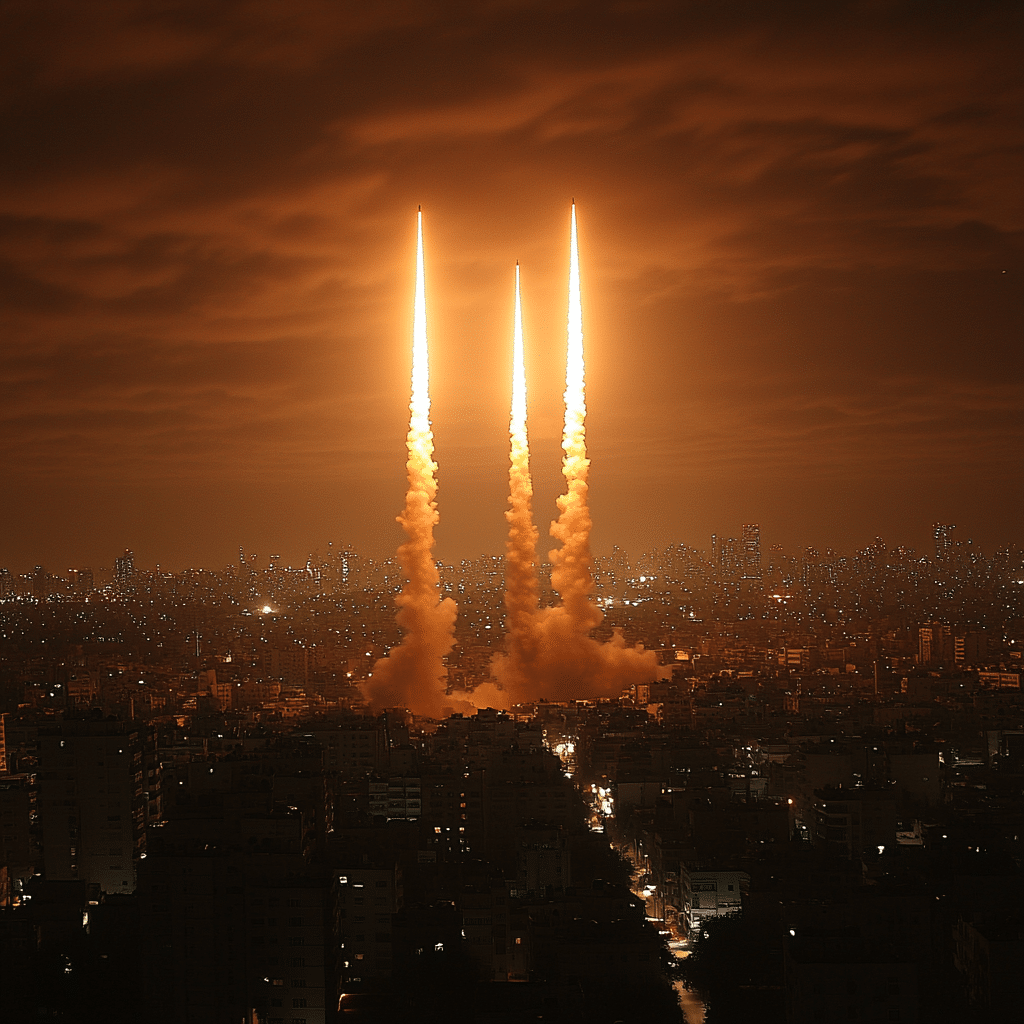
Why was Israel attacking Iran?
Israel attacked Iran in response to an October 1 missile attack by Iran, which involved around 200 ballistic missiles aimed at Israel. Although most of the missiles were intercepted, some did hit their targets and caused minimal damage.
When did Israel bomb Iran in 2024?
The most recent Israeli air strikes on Iran occurred on October 26, 2024, when Israel launched attacks on locations near Tehran and in the provinces of Ilam and Khuzestan.
How many were killed in the Israel attack on Iran?
Initially, Iran reported that four of its soldiers were killed in Israel’s air strikes, and this number reflects the ongoing military tensions between the two nations.
What happened between Iran and Israel in 2024?
In 2024, tensions escalated sharply between Iran and Israel, highlighted by Iran’s missile attack on Israel and Israel’s subsequent retaliatory strikes on Iranian military sites.
What is the issue between Israel and Iran?
The conflict between Israel and Iran primarily revolves around nuclear ambitions, regional influence, and support for opposing groups in ongoing geopolitical struggles in the Middle East.
Why does the US support Israel?
The U.S. supports Israel due to shared democratic values, strategic partnerships, and historical ties, viewing Israel as a crucial ally in maintaining stability in the Middle East.
Which country is more powerful, Iran or Israel?
While Iran has a larger population and military resources, Israel has developed advanced military technology, making comparisons of power complex and often debated.
Who owned the land first, Israel or Palestine?
The land in question has a long and complicated history, with both Jewish and Palestinian claims, making it difficult to definitively say who owned it first given the centuries of conflict and settlement.
Is Iran a nuclear power?
Iran is not officially recognized as a nuclear power, although there are international concerns about its nuclear ambitions and potential development of nuclear weapons.
Did Israel use F-35 to attack Iran?
Yes, Israel did use F-35 fighters to carry out air strikes in Iran, marking the first time these advanced aircraft entered Iranian airspace.
When did Iran become an enemy of Israel?
Iran became an enemy of Israel shortly after the Islamic Revolution in 1979 when the new Iranian regime rejected Israel’s existence and supported groups opposing Israel.
Why did Israel attack Iraq?
Israel attacked Iraq primarily to prevent Iraq from developing nuclear weapons during the 1980s, specifically targeting Iraq’s Osirak nuclear reactor in 1981.
Why is Iran bombing Israel?
Iran has bombed Israel as part of its ongoing military and strategic efforts against Israel, particularly through its support of proxy groups that conduct attacks.
Why are Israel and Palestine fighting?
The Israel-Palestine conflict is rooted in territorial disputes, national identities, and historical grievances, leading to violence and political strife over decades.
What allies does Israel have?
Israel has strong alliances with the United States and several other Western and regional nations, which provide military and diplomatic support.
Which countries has Israel attacked in 2024?
In 2024, Israel has conducted attacks specifically against Iran, reflecting the rising tensions and ongoing military confrontations between the countries.
What is the days of repentance operation?
The “Days of Repentance” operation refers to a series of military actions or campaigns Israel might undertake during particular religious or historical periods, though the specifics can vary.
What did Israel do to Iran recently?
Recently, Israel carried out air strikes against Iranian military targets, signaling a significant escalation in their ongoing conflict.
When did Israel get a nuke?
Israel is widely presumed to have developed nuclear weapons in the late 1960s or early 1970s, though it maintains a policy of ambiguity regarding its nuclear arsenal.
When did Iran become an enemy of Israel?
Iran became an enemy of Israel following the 1979 Islamic Revolution, leading to decades of hostility and ideological conflict between the two nations.
What did Israel do to Iran recently?
In recent actions, Israel targeted Iranian military sites as a response to escalating threats, highlighting the continuing military tensions.
Why are Israel and Palestine fighting?
Israel and Palestine are fighting over issues of land, sovereignty, and national rights, which have historical roots and have led to various conflicts since the early 20th century.
Why did Israel help Iran in the Iran Iraq war?
During the Iran-Iraq War in the 1980s, Israel provided covert support to Iran at times, primarily to counter Iraqi influence and maintain regional balance.

